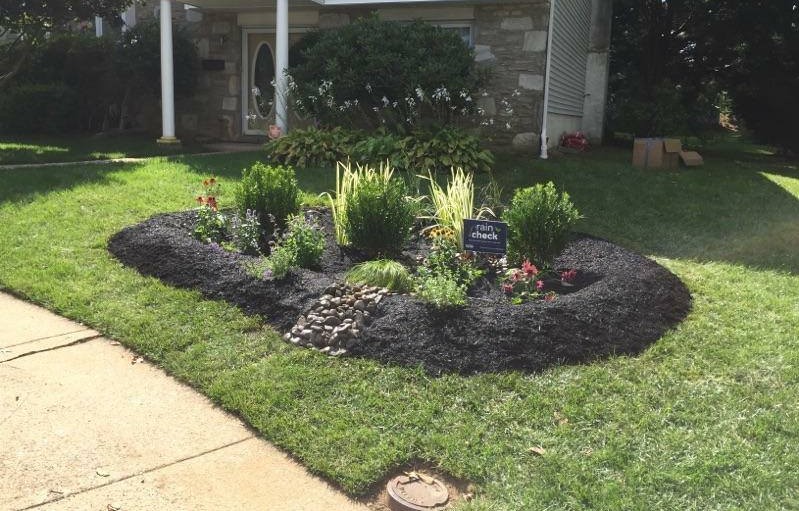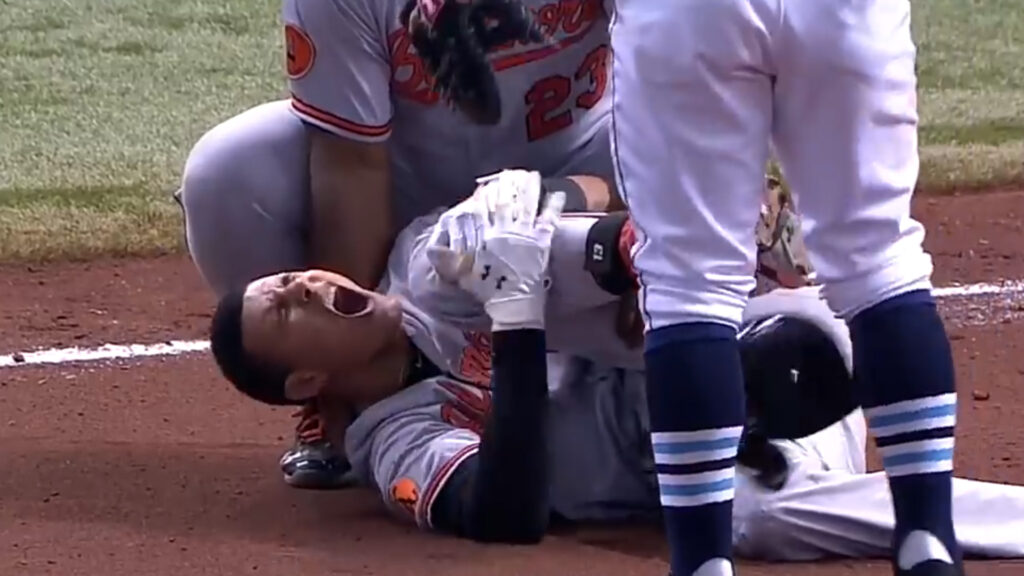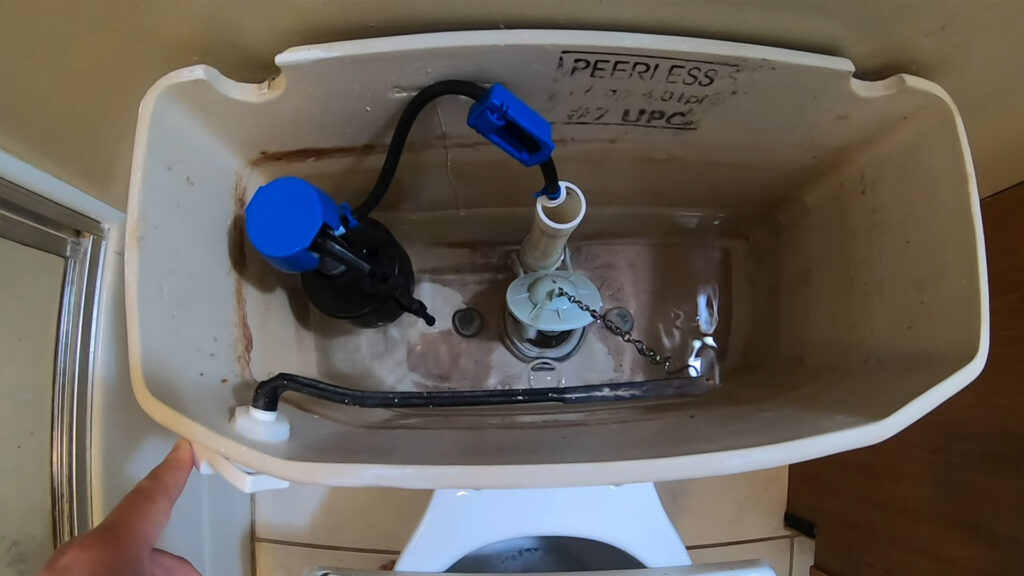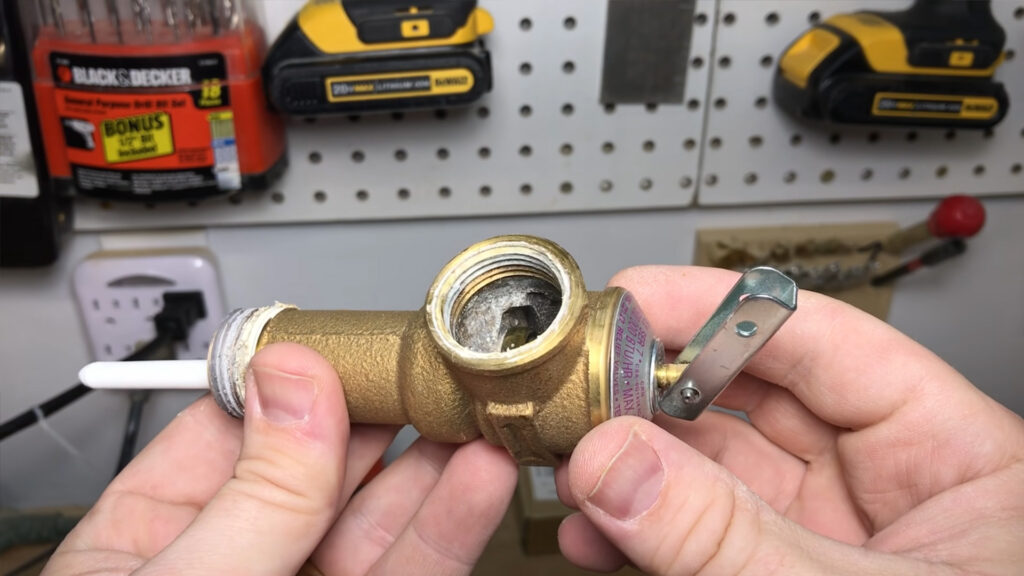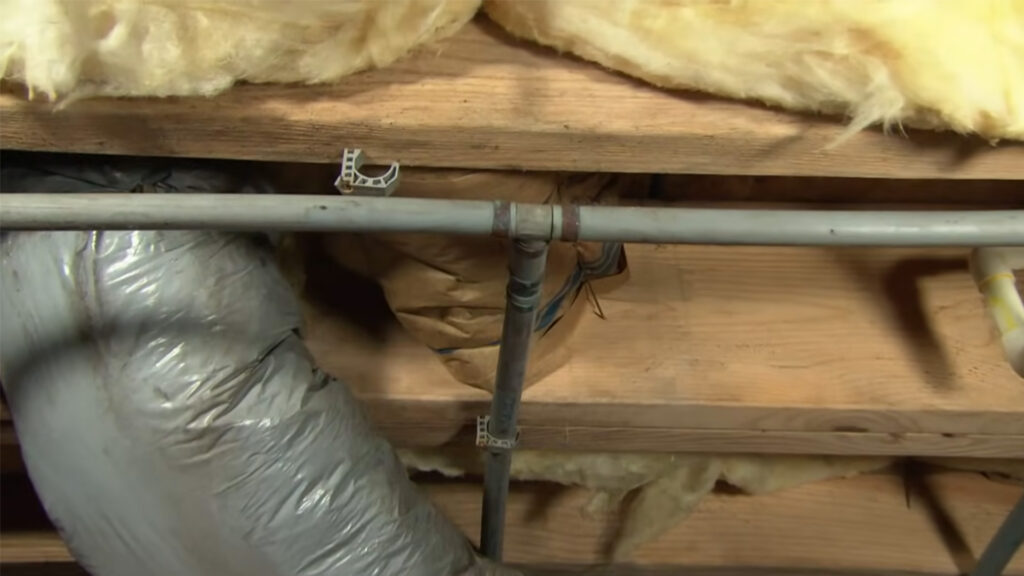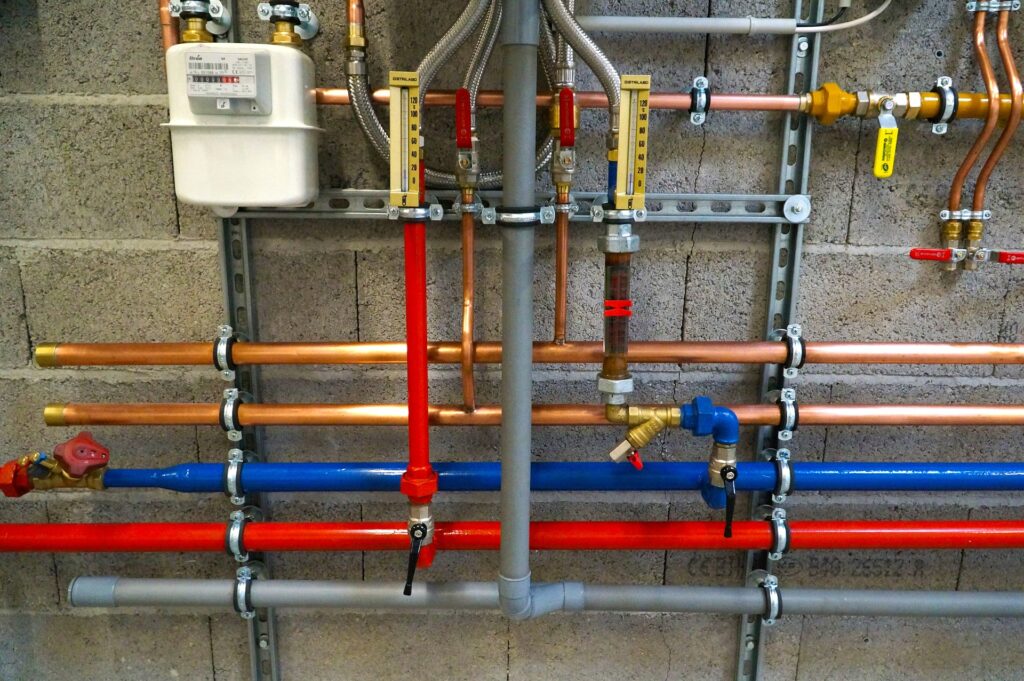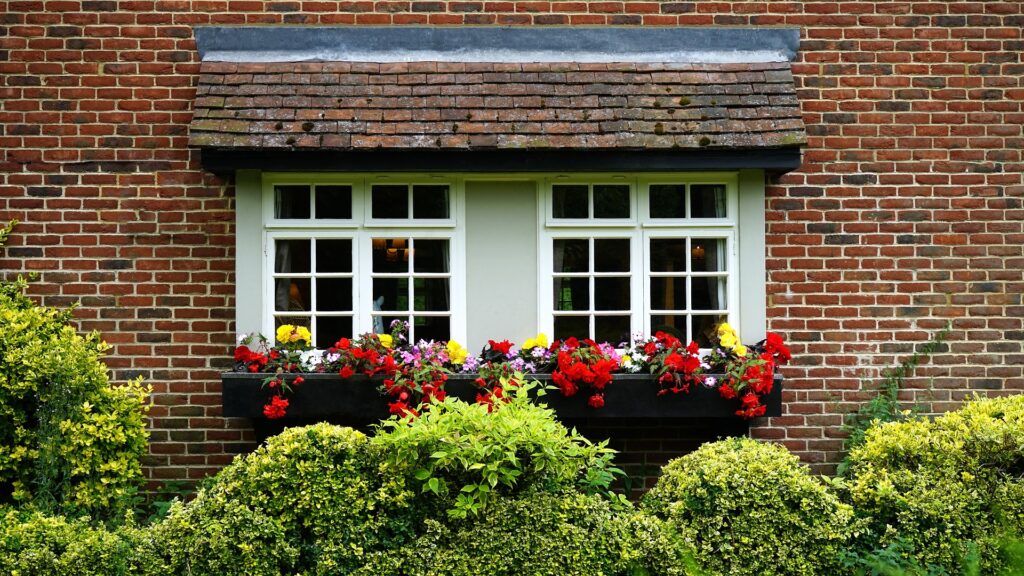Philadelphia homeowners are no strangers to the challenges that come with heavy rainfall. From minor leaks to major floods, stormwater can wreak havoc on your home. Fortunately, the city offers a solution through the Philly Rain Check Program, which helps residents implement stormwater management practices on their properties. By participating in this Philadelphia Water Department program, you can significantly reduce your risk of water damage while contributing to the environmental health of your community. Best of all, the Rain Check program helps pay for these solutions through subsidies.
In this article, we’ll explore four effective ways the Philly Rain Check Program can help you mitigate water damage: rain barrels, metal downspout planters, rain gardens, and permeable pavers.
1. Rain Barrels: Capturing Rainwater Before It Becomes a Problem
Rain barrels are an excellent starting point for homeowners looking to manage stormwater effectively. These containers collect rainwater from your roof via the downspout, storing it for later use. By capturing this runoff, you prevent it from overwhelming your property’s drainage system, reducing the risk of basement flooding or soil erosion.
Benefits for Philadelphia Homeowners:
- Water Conservation: The water you collect can be used to water your garden, wash your car, or even top up your pool, reducing your reliance on municipal water sources.
- Flood Prevention: By diverting water into a rain barrel, you lessen the volume of water that could potentially pool around your home’s foundation.
- Financial Incentives: Through the Philly Rain Check Program, you can receive a free rain barrel or a subsidy toward the purchase of a larger one, making it an affordable way to protect your home.
2. Metal Downspout Planters: Adding Beauty and Functionality
Metal downspout planters are an innovative solution that combines aesthetics with practicality. These planters are installed at the base of a downspout and filled with soil and vegetation. As rainwater flows down the spout, it is absorbed by the plants and soil, which helps slow the water’s journey to the ground, reducing runoff and decreasing the likelihood of flooding.
Benefits for Philadelphia Homeowners:
- Water Absorption: The plants and soil act as a natural filter, allowing water to seep slowly into the ground, which helps prevent soil erosion and reduces the amount of stormwater entering the sewer system.
- Curb Appeal: Metal downspout planters can enhance the look of your home, adding a touch of greenery to your exterior while serving a functional purpose.
- Program Support: The Philly Rain Check Program offers partial subsidies for installing downspout planters, making it easier for homeowners to incorporate this feature into their stormwater management strategy.
3. Rain Gardens: A Natural Solution to Water Damage
Rain gardens are shallow, landscaped depressions designed to collect and absorb rainwater runoff from your roof, driveway, or other impervious surfaces. These gardens are typically planted with native plants that thrive in both wet and dry conditions, allowing them to manage stormwater effectively while enhancing the beauty of your yard.
Benefits for Philadelphia Homeowners:
- Flood Control: Rain gardens help to capture and absorb water that would otherwise run off your property, reducing the risk of localized flooding.
- Environmental Impact: By filtering pollutants from stormwater before it enters the groundwater or sewer system, rain gardens contribute to a healthier environment.
- Community Contribution: The Philly Rain Check Program provides financial assistance for installing rain gardens, helping homeowners create a more sustainable and water-resilient community.
4. Permeable Pavers: An Eco-Friendly Alternative to Traditional Pavement
Permeable pavers are a smart choice for driveways, walkways, and patios. Unlike traditional concrete or asphalt, which can contribute to water runoff and flooding, permeable pavers allow rainwater to pass through the surface and into the ground below. This reduces the amount of stormwater that flows into the city’s overburdened sewer system.
Benefits for Philadelphia Homeowners:
- Runoff Reduction: By allowing water to seep into the ground, permeable pavers help prevent pooling and reduce the risk of water damage to your home’s foundation.
- Durability: Permeable pavers are designed to withstand the freeze-thaw cycles common in Philadelphia’s climate, making them a long-lasting solution for your property.
- Program Incentives: The Philly Rain Check Program offers subsidies for the installation of permeable pavers, making it an accessible option for homeowners looking to improve their stormwater management.
Protect Your Home and Your Community
Participating in the Philly Rain Check Program is not only a smart way to reduce your risk of water damage, but it’s also an opportunity to contribute to a healthier, more resilient Philadelphia. By incorporating rain barrels, metal downspout planters, rain gardens, and permeable pavers into your property, you can manage stormwater more effectively, protect your home, and help reduce the strain on the city’s stormwater infrastructure.

